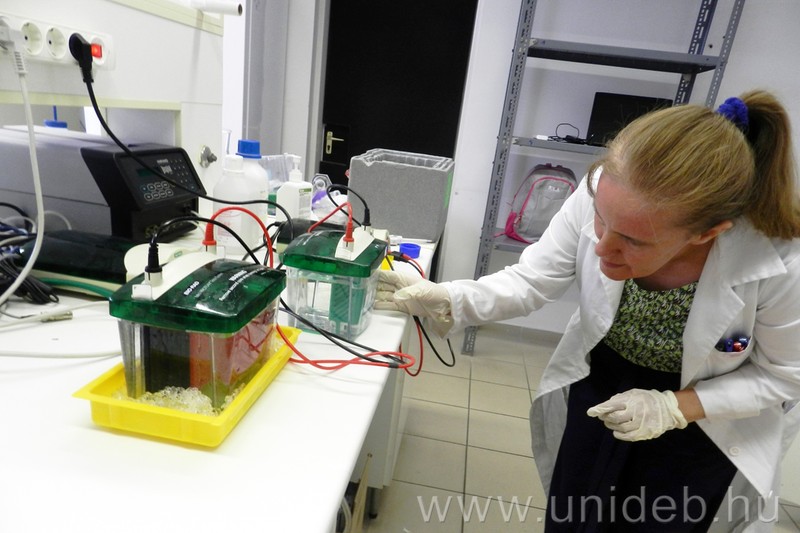The researches at the Faculty of Pharmacy of the University of Debrecen are developing promisingly, the main goal of which is the development of new medicinal substances that prevent sudden cardiac death and inhibit the proliferation of cancer cells.
The data showing the first results of the research conducted by the Pharmamodul Research Group of the Faculty of Pharmacy of the University of Debrecen have been published. The main purpose of animal experiments on rats is to prevent sudden cardiac death, ischemia, and infarction, but they also fight against tumors. The research is of outstanding importance, since most people in Hungary die from cardiovascular diseases, and the second most common cause of death is the development of tumors. Researchers in Debrecen are looking for active ingredients that can help reduce the number of such cases.
We model the ischemic state of the heart when this organ of ours does not receive enough nutrients, blood, and oxygen due to various types of cell death. We are also examining animals with two types of diabetes – explained the head of the eight-member research group
– the former head of the Department of Pharmacology.
Professor Árpád Tósaki told:
the staff of the Department of Pharmaceutical Chemistry is synthesizing new hydrogen sulfide-releasing compounds that are beneficial for the body and prevent cell death. They expect serious results from them.
It is also hoped that the new active ingredients will effectively destroy tumor cells, in such a way that they do not or only minimally hinder the functioning of healthy cells, and cause as few side effects as possible.
The professor also reported that during the work, they cooperate closely with a working group from Mosonmagyaróvár, who carry out various tests for the Pharmamodul Research Group in their accredited laboratory.
Thanks to the funding won by the Eötvös Loránd Research Network and provided until the end of 2027, the experts started the research just over a year ago, but there are already promising results, which have recently been published in international scientific journals.
(unideb.hu)


















